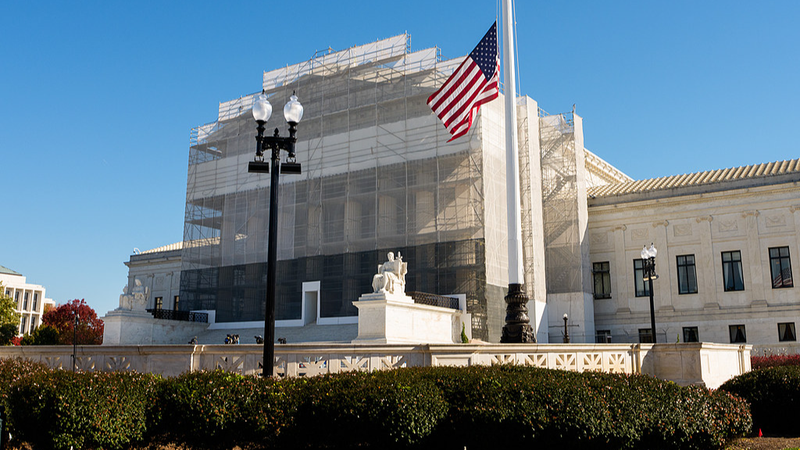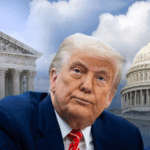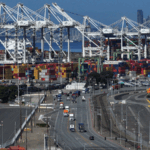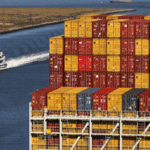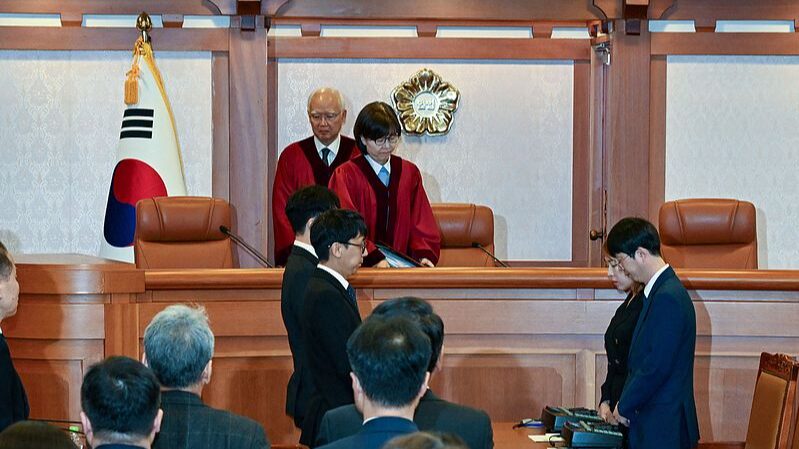The US Supreme Court cast significant doubt on Wednesday over the legality of former President Donald Trump's expansive global tariffs, marking a pivotal moment in a case with far-reaching implications for international trade and executive authority. Justices across ideological lines scrutinized the Trump administration's reliance on a 1977 national emergency law to justify tariffs affecting billions in global commerce.
During over 150 minutes of arguments, conservative and liberal justices pressed the administration's legal team on whether Trump overstepped congressional authority. Conservative justices, however, acknowledged the president's traditional leeway in foreign affairs, hinting at a potential split in the court's 6-3 conservative majority. Lower courts previously ruled against Trump's use of the law, siding with businesses and 12 Democratic-led states challenging the tariffs.
The case underscores tensions between executive power and legislative oversight, with outcomes poised to reshape trade policy frameworks. Analysts warn a ruling favoring Trump could embolden future presidents to bypass Congress on economic measures, while a rejection may rein in unilateral trade actions.
As global markets monitor the proceedings, the decision could ripple across Asia's export-driven economies, where US tariffs have disrupted supply chains and altered investment strategies. Business leaders and policymakers await clarity on the limits of presidential trade authority.
Reference(s):
U.S. Supreme Court casts doubt on legality of Trump's global tariffs
cgtn.com
